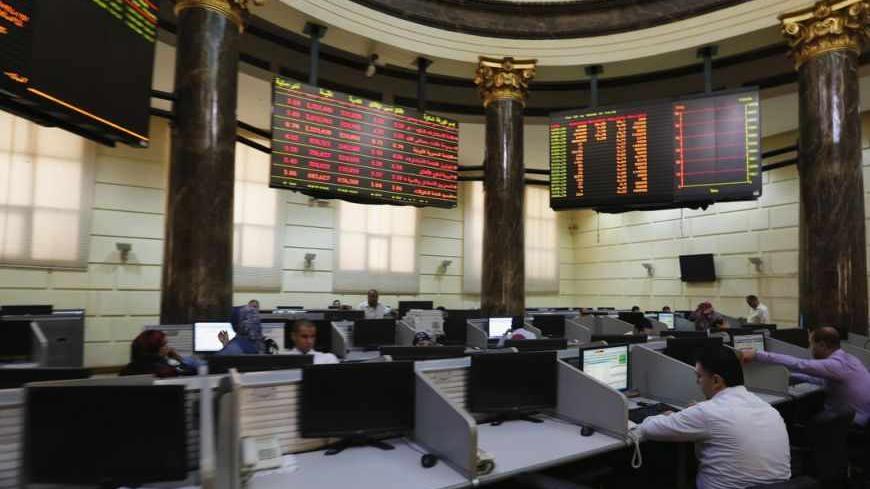Egypt’s economy continues to suffer large losses in all its sectors as a result of the political disturbances after President Mohammed Morsi’s ouster on June 30. The European Union agreed to halt military exports to Egypt, after initially threatening to halt aid and terminate economic agreements with Cairo, as Egyptian officials kept their hopes confined to assistance from Gulf states, which have become the main saviors of the country’s economy.
Last week, Prime Minister Hazem el-Biblawi held three urgent meetings of the Cabinet’s ministerial economic committee to adopt a rescue and stimulus plan, which will come into effect at the beginning of September. The plan aims to implement a basket of urgent measures meant to improve the quality of services offered to citizens, provide jobs to young people, attract local and foreign investment, as well as stimulate internal trade to the tune of 22.3 billion Egyptian pounds (EGP) (about $3.2 billion), according to a government communiqué obtained by Al-Monitor.



